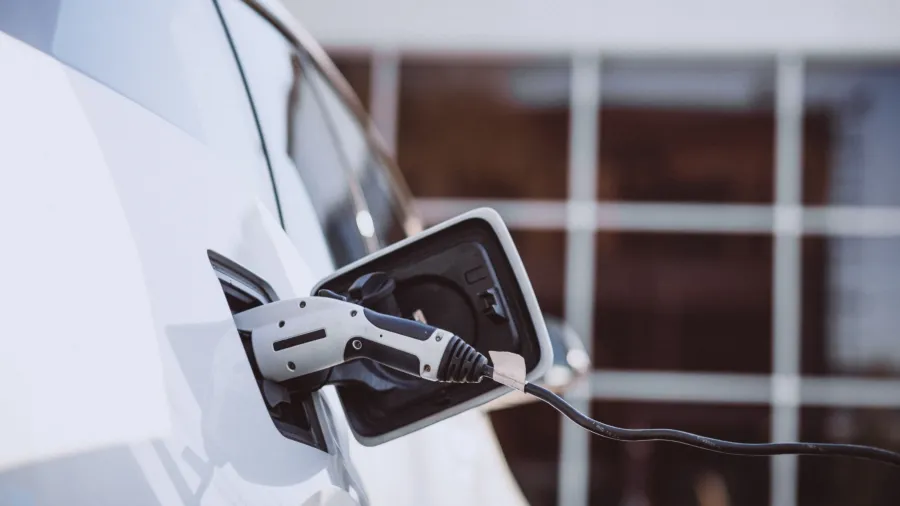
Carmakers to invest over $20b in EV production facilities in South and Southeast Asia
This is advantageous for Chinese manufacturers who aim to diversify operations.
Carmakers are set to invest over $20b in building electric vehicle (EV) production facilities in South and Southeast Asia (SSEA) over the coming years, according to S&P Global Ratings.
This move is particularly advantageous for Chinese manufacturers, who aim to diversify their operations and customer base amidst fierce competition at home. Establishing production in SSEA offers a pathway to export vehicles to markets such as Europe, where direct imports of China-originated battery EVs face steep tariffs, S&P added.
Meanwhile, Japanese automakers are projected to experience a gradual decline in market share as EV adoption increases over the next decade. However, they are expected to maintain dominant due to their expertise in internal combustion engine vehicles and fuel-efficient hybrids, which will continue to represent a significant portion of light-vehicle sales in SSEA.
Toyota and Honda, for example, are leveraging their strength in hybrids, appealing to consumers seeking fuel savings whilst mitigating concerns about inadequate charging infrastructure.
S&P said Korean carmakers are in the middle, with strategic investments in SSEA aimed at capitalising on the region’s growth potential. This investment will help offset their weaker market share in China and allow flexibility in shifting production between EVs and hybrids according to market demand.
S&P credit analyst Claire Yuan noted that whilst carmakers will face substantial capital expenditure (capex) to establish EV factories in SSEA, the financial impact will be manageable. The investments, distributed over several years and shared with partners, will constitute less than 15% of the firms' total capex collectively over the next few years, according to Yuan's estimates.
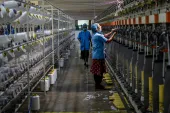


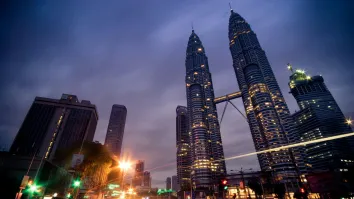





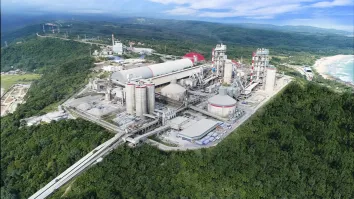
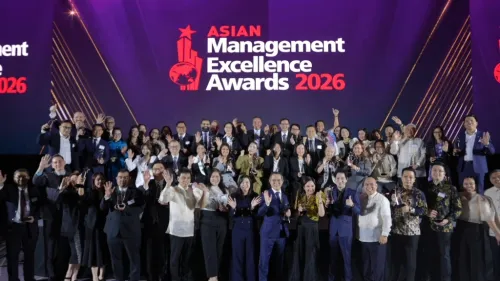

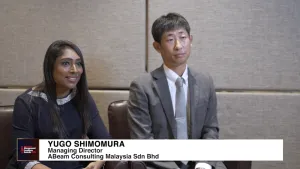




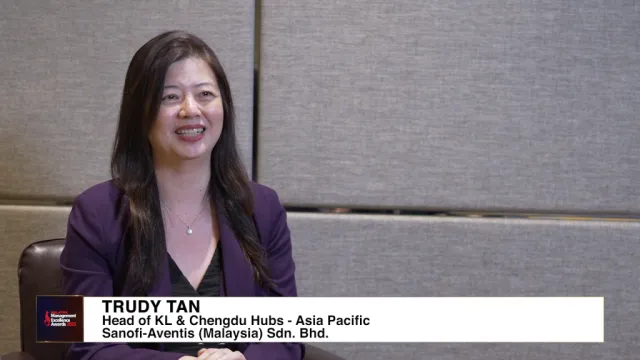

 Advertise
Advertise









